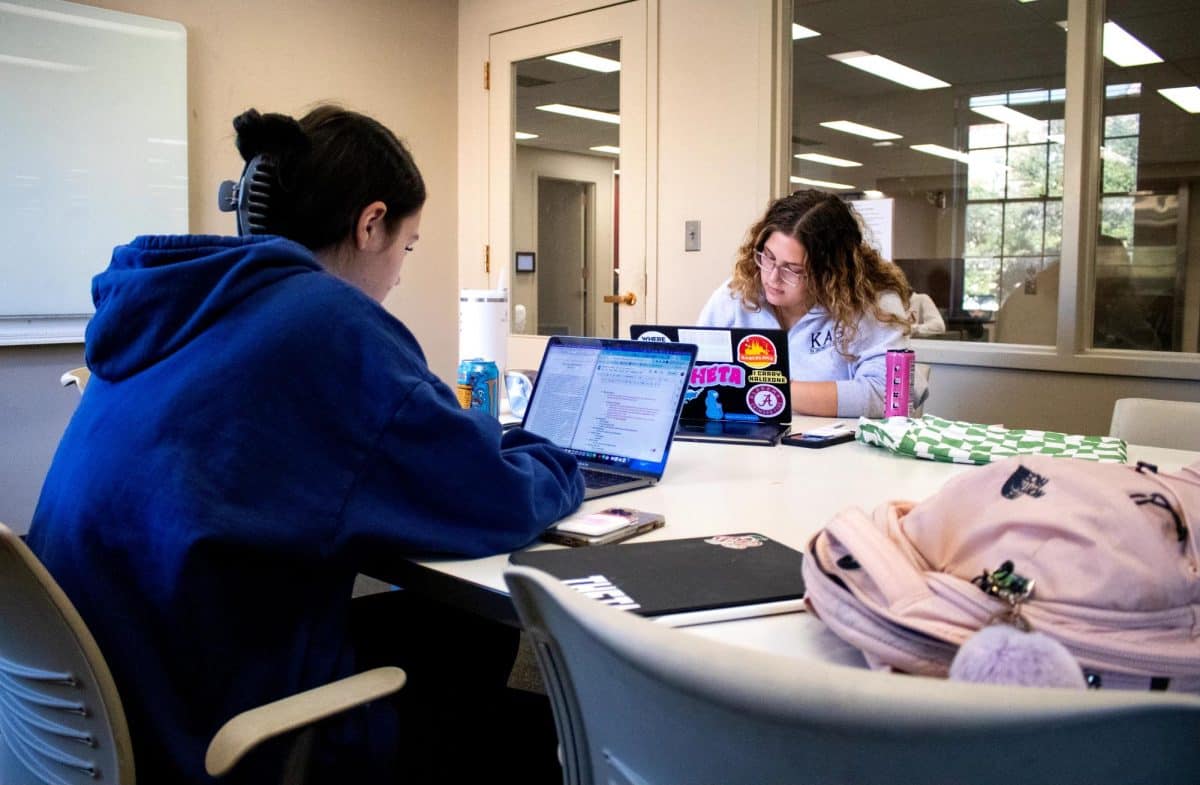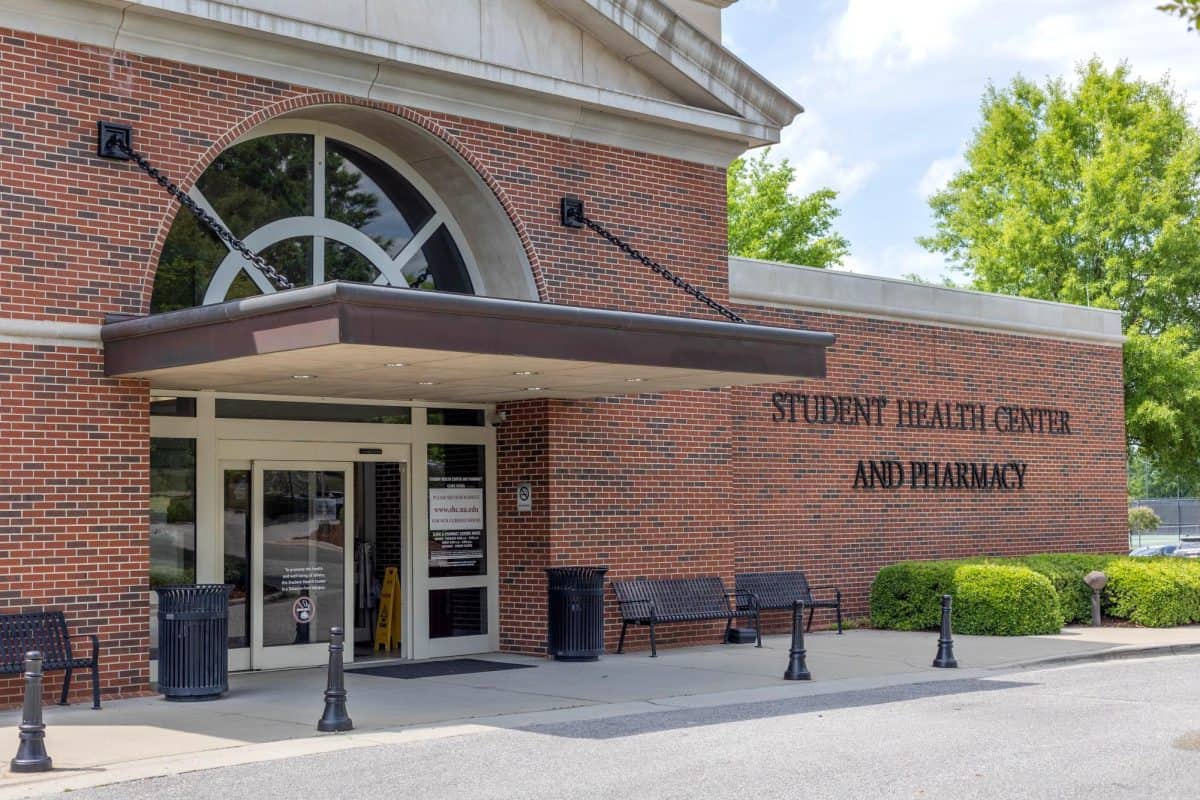By Shashank Wattal
In 2011, American Rivers ranked the Black Warrior River eighth on its 10 Most Endangered Rivers list. Due to lack of public interest and awareness, there isn’t enough pressure on the authorities to prevent pollution and exploitation of the Black Warrior River.
There are 95 active coal mines on its banks, which pollute the river both directly (by disposing harmful wastes into streams) and indirectly (through burning of coal in power stations). According to americanrivers.org, most of these coal mines operate using special permits issued by the U.S. Army Corps of Engineers, which allow them to operate with little or no consideration of how they impact water quality, public health and environment.
I worry that because of little pressure from the public, the permits won’t be revoked or revised and the mines will continue to pollute the river. And since the Black Warrior River is the primary source of water for many cities, including Birmingham and Tuscaloosa, this will continue to affect more than a million people and the diverse aquatic life (including nine endangered or threatened species) that it supports.
I’m afraid that President Witt’s not denying the lease of University-owned land to the proposed Shepherd Bend mine, which would release wastes only 800 feet from Birmingham’s drinking water intake, would convey a very negative message. On the other hand, his denial would make a strong statement to the public that the University cares about public health and the environment and motivate people to stand against other such mines.
I believe that by spreading the word through Facebook, Twitter, emails and conversation, we, the students of UA, can generate a lot of support against irresponsible coal mining in general and against the Shepherd Bend mine in particular. We should consider it our responsibility to protect this essential resource and ensure a safe future for our sweet home Alabama.
Shashank Wattal is a freshman majoring in computer engineering.








